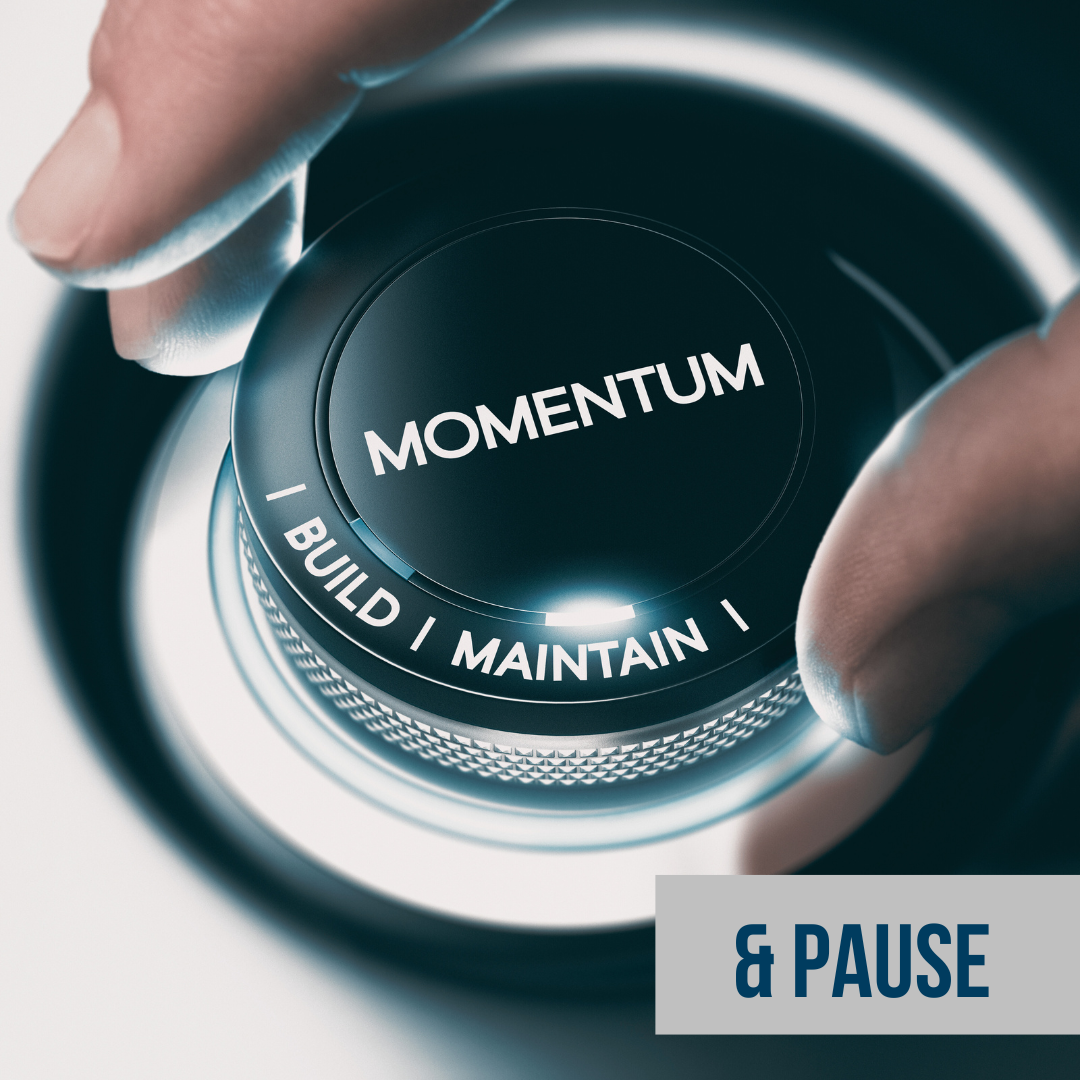One of the most significant and challenging events that occurs in large scale change and transformation is when a program is put on pause.
There are various reasons for this:
- Senior leadership has lost their nerve and do not feel comfortable with the risks inherent
- Senior leadership have not been engaged sufficiently to have buy in.
- The program progress is unearthing poor underlying performance and behaviours and this makes stakeholders with power feel vulnerable.
The rationale for putting a program on pause can sound sensible. We want to “rethink” this to ensure it is successful. But the inevitable consequence of putting a program on pause belies the sensibility.
The peril of pause
For you see, “pause” creates space for doubt, for alibis, for denial. When the people of an organisation see a large-scale program put on pause they build cynicism, fatigue, and apathy.
This always happens here
I am so tired of being asked for input and then nothing happens
I don’t care anymore, nothing will be done.
The power of momentum
Momentum, however, creates space for slowing but still moving forward. Momentum generates optimism, acceptance of change, and support for continuous improvement.
At a senior level its ok to have concerns about the risk, it’s ok to vary the cadence but if you want to transform an organisation to something bigger or better you need to keep moving.
How do we keep momentum?
The agile mindset is a huge benefit to change and transformation when things get tricky.
- It encourages you to ask how might we look at this situation in a new way
- It liberates you from an attachment to perfection, to focus more on delivery
- It challenges you to consider the impact on the people and culture if you pause
- It helps you see obstacles as opportunities to learn and keep moving
- It gives the permission to feel vulnerable and still be ok.
Ultimately though this becomes a situation of the executive sponsor needing courage and commitment to take on those who are advocating for pause.
As the change guru Daryl Conner says:
Understand that commitment to a major change is always going to be expensive, and that you either pay for achieving it or pay for not having it.


































